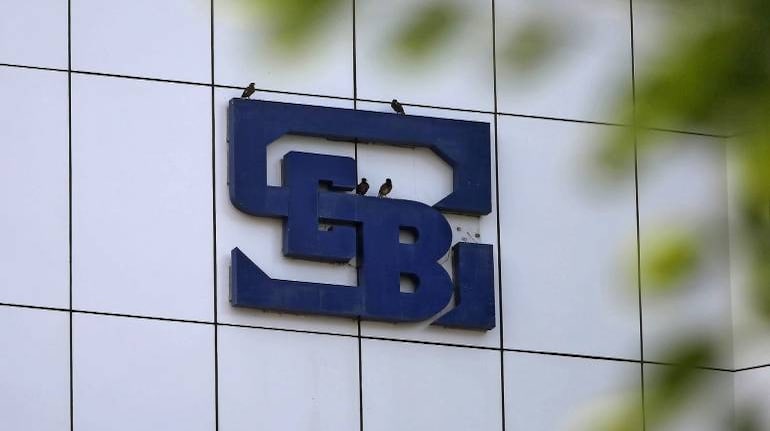



In the wake of the COVID-19 crisis, mutual funds have been given a number of relaxations by regulator Sebi and they have got full flexibility regarding the valuation of Pass-Through Certificates including in case of the moratorium on underlying loans, officials said on Sunday. PTCs are certificates given to the investors including banks and mutual funds, where repayment comes from a basket or pool of underlying loans, usually loans taken by individuals. PTCs are usually issued by NBFCs, through a trust structure.
Officials said the fund houses already have sufficient flexibility under various Sebi regulations on valuation of PTCs and therefore no further relaxations are required to deal with the moratorium situation arising out of the COVID-19 crisis.
Recently, the industry body of mutual funds, the Association of Mutual Funds in India (AMFI), had written to Sebi regarding relaxation relating to valuation of PTCs if underlying loans are given a moratorium.
"On account of COVID related disruption, there is apprehension that there could be defaults in payment of interest or principal to the investors who have bought PTCs since interest and principal payments on PTCs is dependent on cash flows from the underlying loan pools," a senior official of an Asset Management Company (AMC) said.
"RBI has given banks permission to give moratorium to their borrowers. In this context, NBFCs have sought permission from the investors of PTCs also to grant moratorium to the borrowers of the underlying loans,” the AMC official added.
As per mutual fund regulations, any restructuring or moratorium type deferment of dues would mean that valuation agencies have to treat such securities as default and value them accordingly.
This regulation was brought in to ensure that NAVs of schemes are not inflated thereby permitting informed investors to exit at high NAV, leaving small retail investors with assets which may subsequently go bad, a market expert said.
However, since AMCs have the final responsibility of fair valuation of their schemes, Sebi regulations permit AMCs to deviate from the valuation given by the valuation agencies and determine their own fair valuation provided they take approval of the AMC Board and Trustees and disclose the same on their websites, an official said.
The Securities and Exchange Board of India (Sebi) is understood to have taken a view that "mutual funds already have full flexibility in valuation of PTCs in all scenarios including if moratorium is given to the underlying loans".
"Existing guidelines already have provisions for mutual funds to deviate from the valuation given by the valuation agencies," the official added.
Moreover, different mutual funds may have different circumstances in relation to their investments in PTCs. Thus, mutual funds should have the flexibility to take their independent decisions in the best interest of their unit holders.
"Some mutual funds may also choose to put such PTCs into a segregated portfolio as permitted by Sebi regulations if they feel that that is in the best interest of their unit holders," a market observer said.
While PTCs are generally housed in debt schemes, mutual funds have been experiencing good inflows into equity schemes, as shown by figures for March, despite a market sell-off, as per the AMFI figures.
Discover the latest Business News, Sensex, and Nifty updates. Obtain Personal Finance insights, tax queries, and expert opinions on Moneycontrol or download the Moneycontrol App to stay updated!
Find the best of Al News in one place, specially curated for you every weekend.
Stay on top of the latest tech trends and biggest startup news.